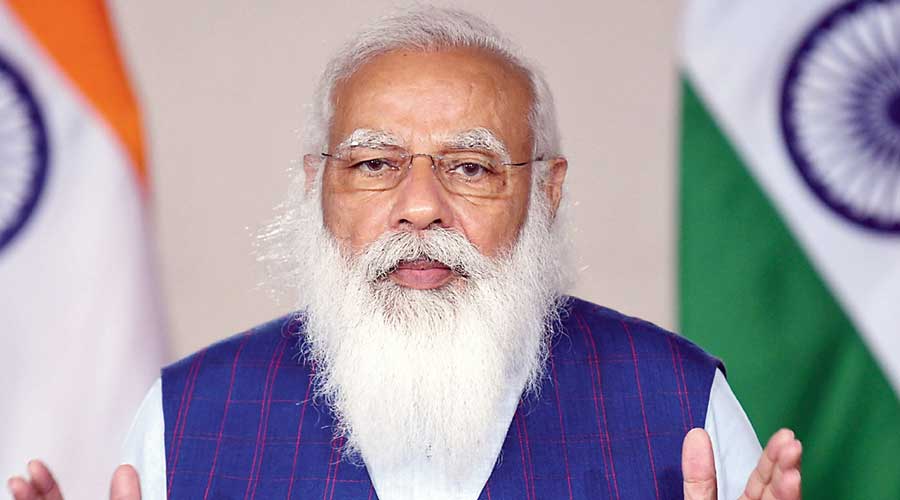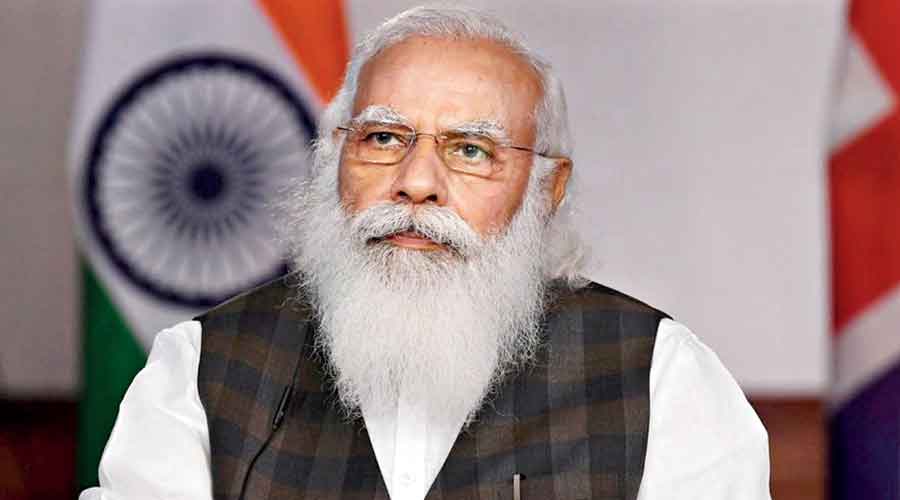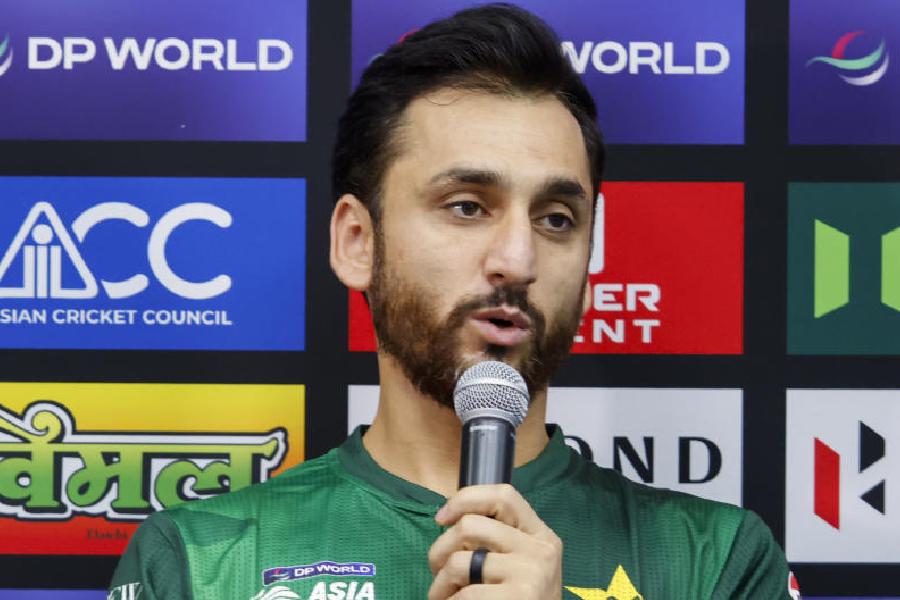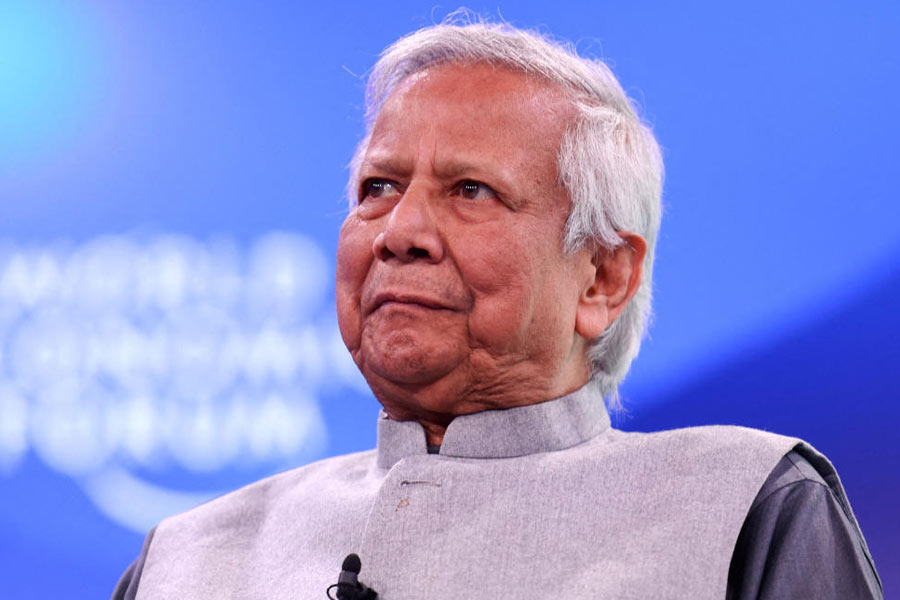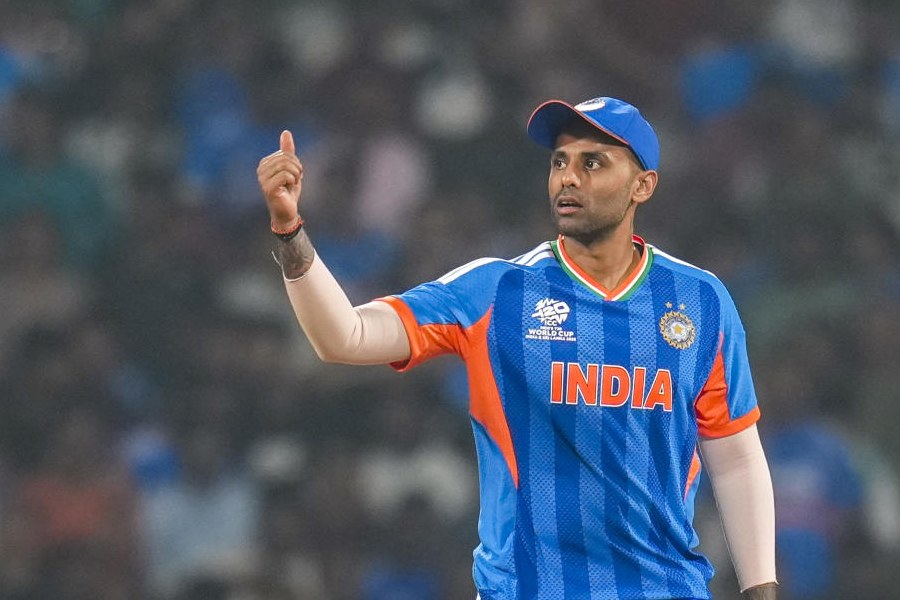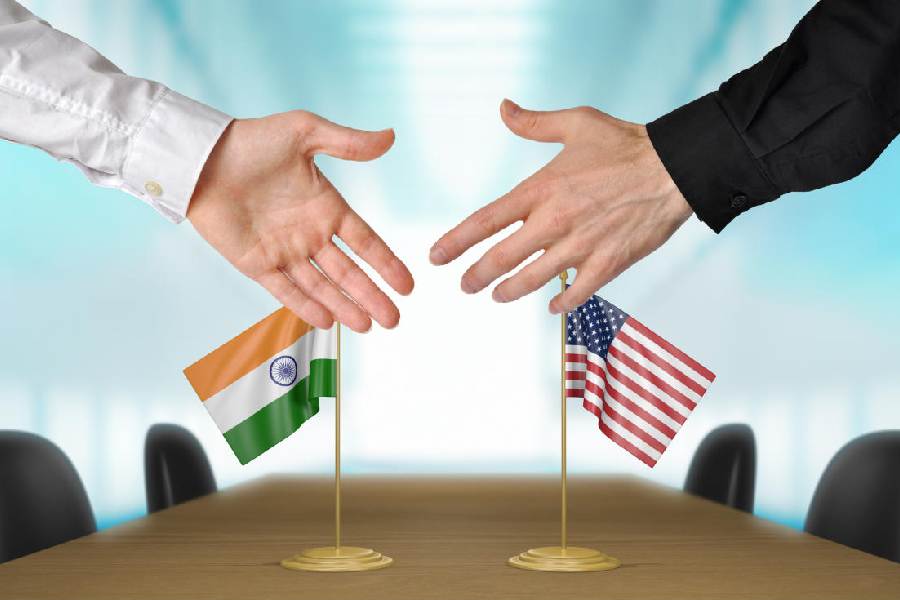The “big read” in the 'Financial Times' of the UK on Thursday was a 2,300-word news report and analysis, headlined, “How India’s Covid-19 crisis diminished Narendra Modi: Many Indians feel abandoned by a leader who ignored signs of a second wave and appears indifferent to their plight.”
It appears that the Indian government has given up countering the rising crescendo of foreign news media criticism aimed at Modi because of his alleged mishandling of the Covid crisis, of which the full front attack in the FT is the latest example.
As for the future, the FT says: “Regional parties have been buoyed by the victory of West Bengal’s incumbent chief minister, Mamata Banerjee, who withstood the full force of the BJP’s electoral machinery in just concluded state elections.”
The FT extrapolates from the particular to the general, beginning with the tribulations of Anarya, a 30-year-old art educator who lost her 67-year-old father because she and her brother could not get him timely treatment in Delhi.
“Today, the young woman is overwhelmed with grief — as well as rage at her family’s ordeal,” the FT reports.
Anarya is quoted as saying: “It’s not our job to find medicine, to find oxygen, to find an ICU bed. Going from hospital to hospital — that is not what should happen. Our job is to pay taxes. It is the government’s job to provide basic facilities. They are failing the people. It’s criminal negligence.”
She is not alone, the paper suggests: “It is a fury pervasive in urban India, as citizens struggle to obtain medical care for ailing loved ones — and scarce vaccinations — amid an enormous wave of deadly Covid-19 infections.
“This anger has exposed the first cracks in the armour of a charismatic strongman who had until weeks ago seemed all but politically invincible: Narendra Modi, India’s most powerful and popular Prime Minister in decades.
“Modi… now appears a diminished figure, presiding over what many see as the biggest disaster to befall the country since its independence from British colonial rule in 1947. His pledges to increase job-generating economic growth, deliver administrative efficiency… and boost India’s stature on the global stage remain unfulfilled.
“Instead, many Indians struggling to keep Covid-stricken relatives alive in the face of daunting obstacles feel abandoned by a leader who appears strangely indifferent — if not paralysed — amid their suffering.”
The FT seeks to analyse the possible long-term political consequences for Modi: “Tough questions are being asked of Modi’s pandemic management, including public health messages that suggested the virus threat had passed; the failure to heed repeated expert warnings of an imminent second wave; and a botched procurement strategy that has led to an acute shortage of vaccines.”
But the FT acknowledges that Modi is still popular. “Modi’s popularity is still at elevated levels that would make most other global leaders green with envy. According to Morning Consult, the data analytics agency, more than 65 per cent of Indians still approve of Modi’s performance, while just 29 per cent disapprove. But Modi’s standing has eroded significantly since late March, when his approval rating was 74 per cent and disapproval rating just 20 per cent.”
It is reckoned that the 2022 Uttar Pradesh Assembly elections will be a test of Modi’s post-pandemic popularity: “India’s next general election isn’t until 2024. But India’s most populous state, Uttar Pradesh… will elect a new state government next year. The poll will provide an early test of voters’ opinions on the BJP’s management of the crisis.
“Most analysts still believe Modi will be able to overcome his current woes, given his consummate political skills, the weakness of India’s opposition parties and his proven ability to maintain his standing in voters’ eyes despite inflicting disruptive shocks since he became leader.”
The FT report ends with the prediction that the more things change, the more they might remain the same.

